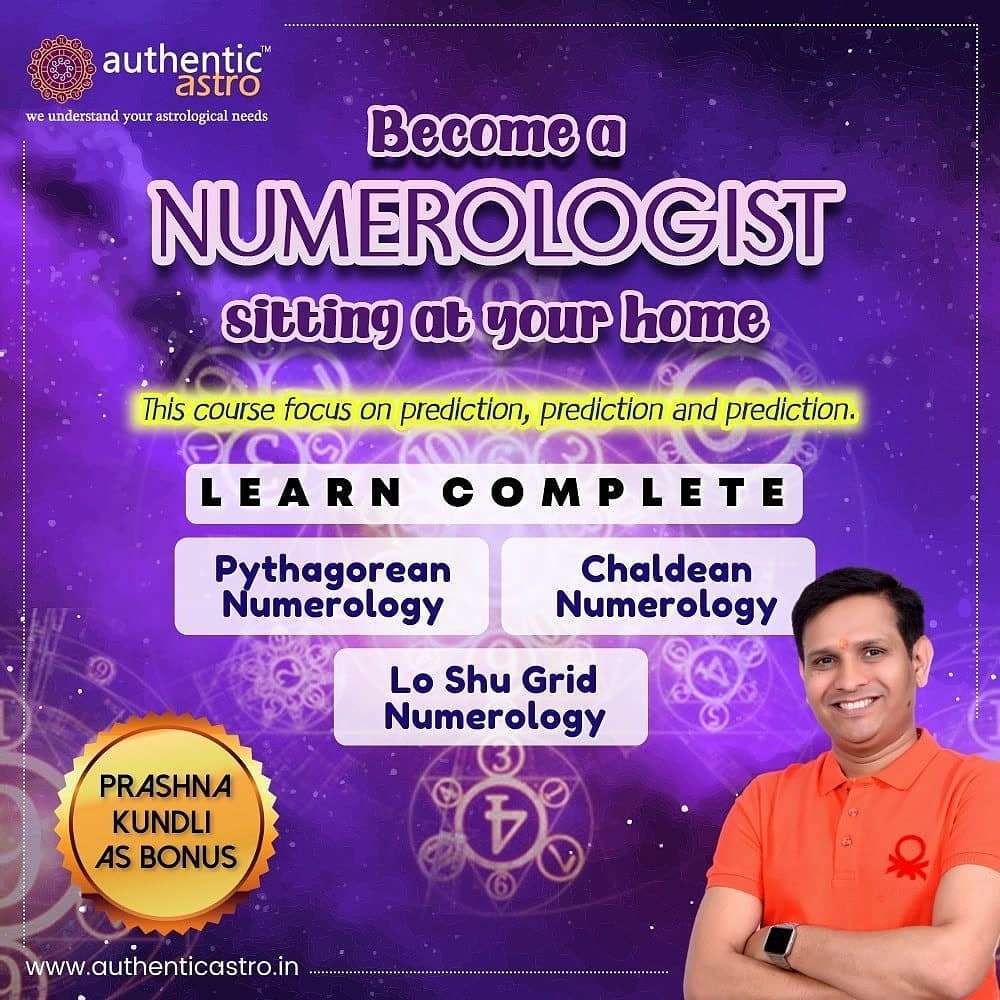
: 383 Hellenistic astrology and astronomy also transmitted the twelve zodiacal signs beginning with Aries and the twelve astrological places beginning with the ascendant. It was only after the transmission of Hellenistic astrology that the order of planets in India was fixed in that of the seven-day week. Hindu astrology includes several nuanced sub-systems of interpretation and prediction with elements not found in Hellenistic astrology, such as its system of lunar mansions ( Nakṣatra). Practice relies primarily on the sidereal zodiac, which differs from the tropical zodiac used in Western (Hellenistic) astrology in that an ayanāṁśa adjustment is made for the gradual precession of the vernal equinox. The foundation of Hindu astrology is the notion of bandhu of the Vedas (scriptures), which is the connection between the microcosm and the macrocosm. : 381 The Ṛigveda also mentions an eclipse-causing demon, Svarbhānu, however the specific term graha was not applied to Svarbhānu until the later Mahābhārata and Rāmāyaṇa. : 382 The term graha, which is now taken to mean planet, originally meant demon.

: 377 There are mentions of eclipse-causing "demons" in the Atharvaveda and Chāndogya Upaniṣad, the latter mentioning Rāhu (a shadow entity believed responsible for eclipses and meteors). : 376 Early jyotiṣa is concerned with the preparation of a calendar to determine dates for sacrificial rituals, : 377 with nothing written regarding planets. Jyotiṣa is one of the Vedāṅga, the six auxiliary disciplines used to support Vedic rituals. The scientific consensus is that astrology is a pseudoscience.

įollowing a judgement of the Andhra Pradesh High Court in 2001 which favoured astrology, some Indian universities now offer advanced degrees in Hindu astrology. Some scholars believe that the horoscopic astrology practiced in the Indian subcontinent came from Hellenistic influences, however, this is a point of intense debate and other scholars believe that Jyotisha developed independently although it may have interacted with Greek astrology.

The Vedanga Jyotisha is one of the earliest texts about astronomy within the Vedas. The term Hindu astrology has been in use as the English equivalent of Jyotiṣa since the early 19th century, whereas Vedic astrology is a relatively recent term, entering common usage in the 1970s with self-help publications on Āyurveda or yoga. Jyotisha or Jyotishya (from Sanskrit jyotiṣa, from jyót “light, heavenly body" and ish - from Isvara or God) is the traditional Hindu system of astrology, also known as Hindu astrology, Indian astrology and more recently Vedic astrology.


 0 kommentar(er)
0 kommentar(er)
